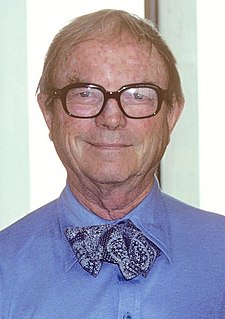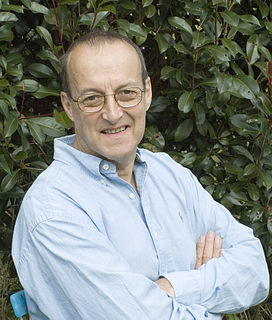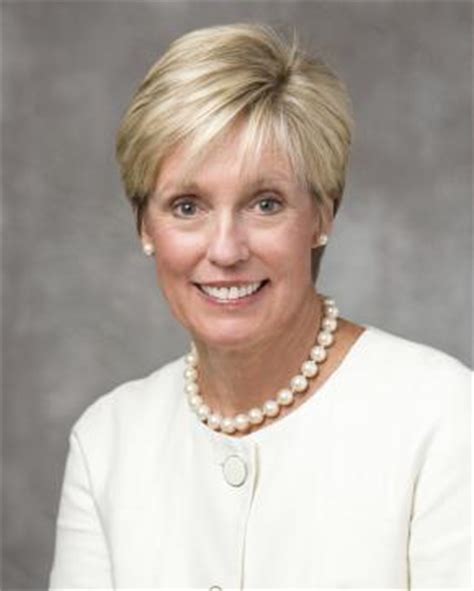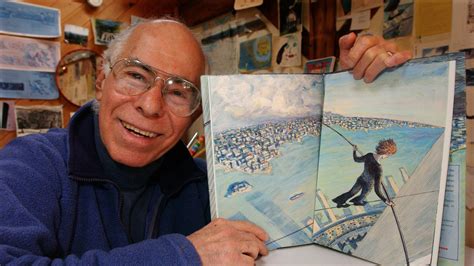A Quote by R. L. Stine
Many adults feel that every children's book has to teach them something.... My theory is a children's book... can be just for fun.
Related Quotes
I have always believed in the magic of childhood and think that if you get your life right that magic should never end. I feel that if adults cannot enjoy a children’s book properly there is something wrong with either the book or the adult reading it. This of course, is just a smart way of saying I don't want to grow up.
Young children learn in a different manner from that of older children and adults, yet we can teach them many things if we adapt our materials and mode of instruction to their level of ability. But we miseducate young children when we assume that their learning abilities are comparable to those of older children and that they can be taught with materials and with the same instructional procedures appropriate to school-age children.
I'm always loath to make generalizations about what is for children and what isn't. Certainly children's literature as a genre has some restrictions, so certain things will never pop up in a Snicket book. But I didn't know anything about writing for children when I started - this is the theme of naïveté creeping up on us once more - and I sort of still don't, and I'm happy that adults are reading them as well as children.
It is axiomatic among writers that no one ever sues the writer of an unsuccessful book. Just let a book go over twenty-five thousand copies and it is surprising how many people's feelings are hurt, how many screwballs think their brain children have been stolen, and how many people feel that they have been portrayed in a manner calculated to bring infamy upon them.
The world will teach our children if we do not, and children are capable of learning all the world will teach them at a very young age. What we want them to know five years from now needs to be part of our conversation with them today. Teach them in every circumstance; let every dilemma, every consequence, every trial that they may face provide an opportunity to teach them how to hold on to gospel truths.
Writing for children is my... that's my medium, you know, and the medium is the picture book, which is a very particular kind of book. I try to give children what I would give anybody, you know. I become interested in something. I find something fascinating. It has to fascinate me, and then I want to give it to them.
Although adults have a role to play in teaching social skills to children, it is often best that they play it unobtrusively. In particular, adults must guard against embarrassing unskilled children by correcting them too publicly and against labeling children as shy in ways that may lead the children to see themselves in just that way.





































